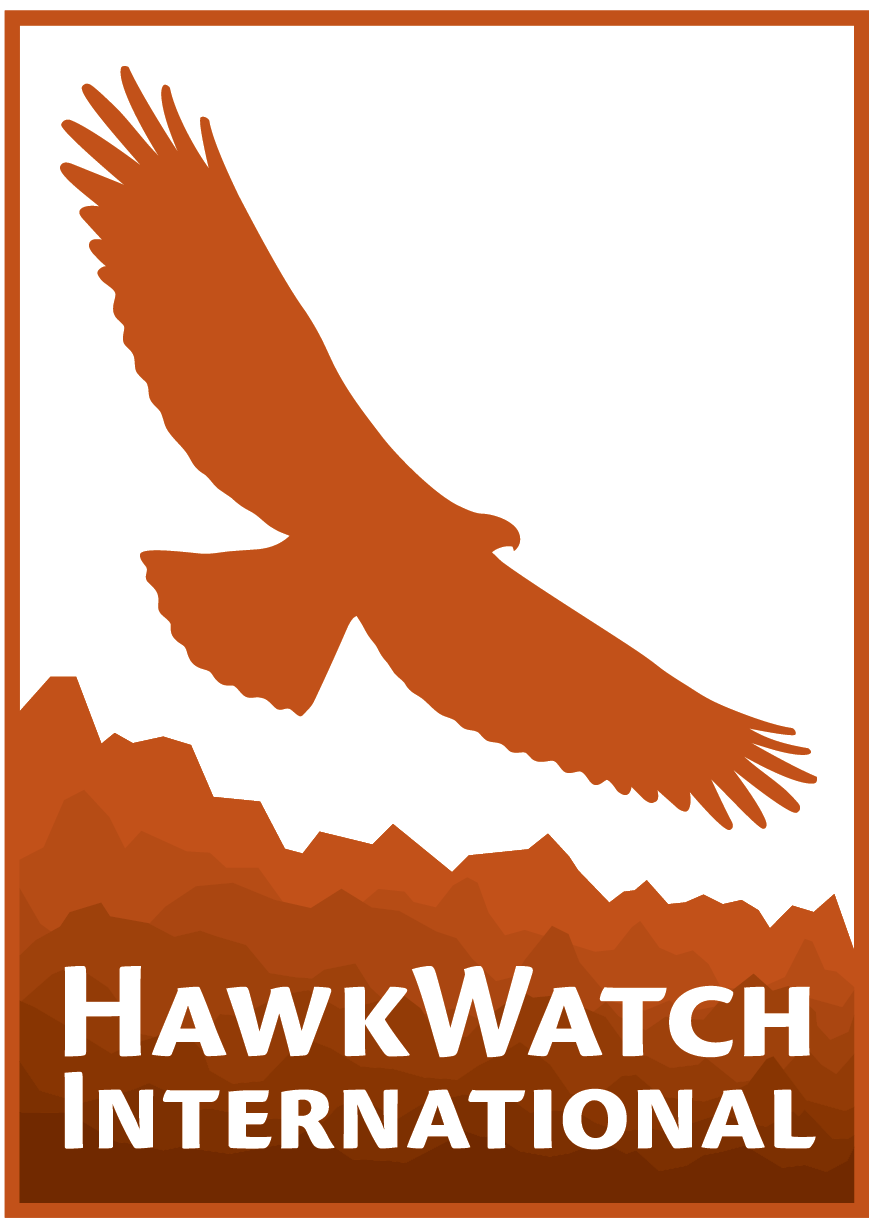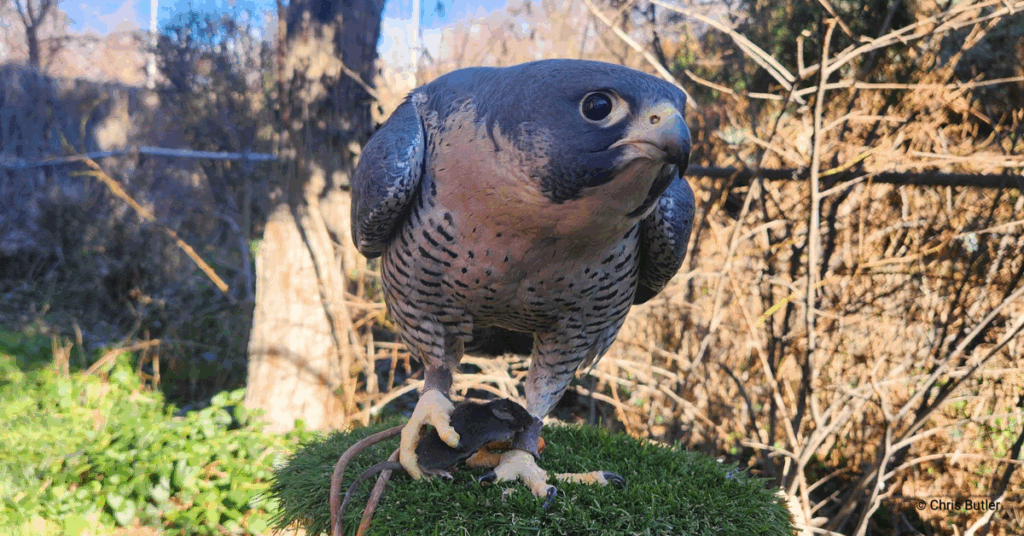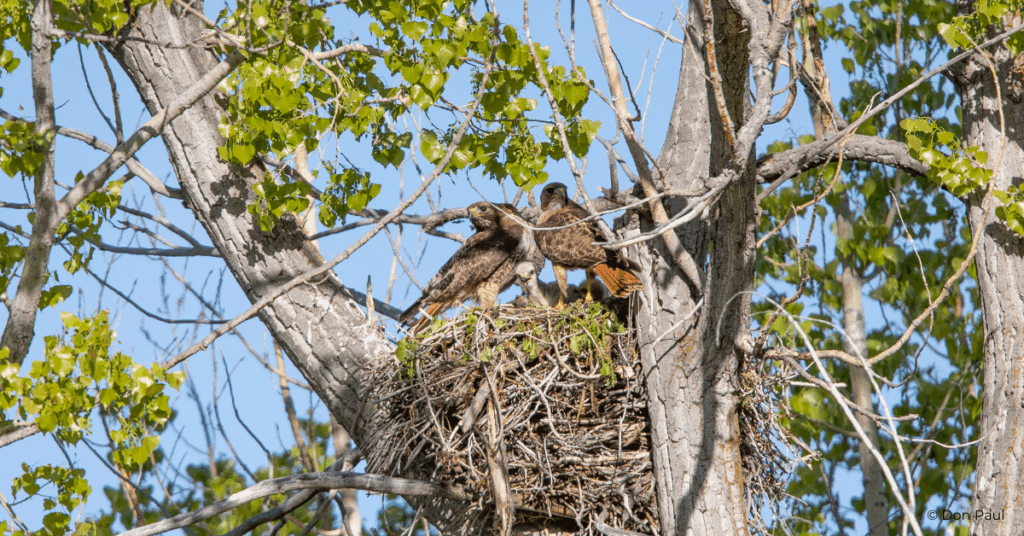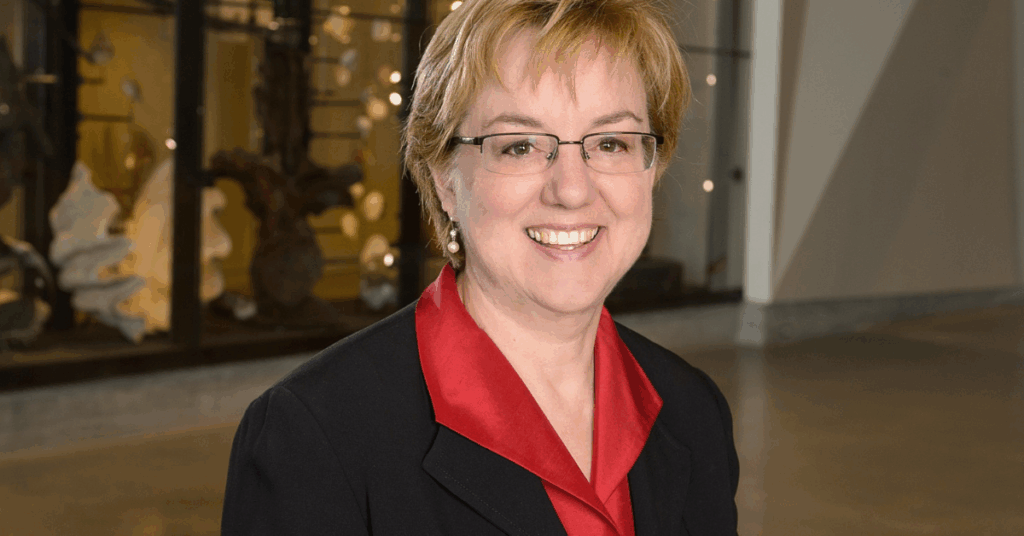I’ll never forget the moment I learned that I might lose my home. A wildfire was rapidly spreading down the canyon, and we needed to evacuate. Like a growing number of people around the world—maybe even you—I was experiencing the effects of a changing climate. Thankfully, the fire stopped short of our house, but as I stood on the edge of the charred landscape a few days later, I confronted a painful truth. As our climate continues to change, the places that we—and raptors—call home are increasingly at risk.
In Utah’s West Desert, cheatgrass has transformed the landscape. This invasive plant grows quickly and then dies off, creating barren, fire-prone areas. These fires destroy critical habitat for Golden Eagles and their primary prey, jackrabbits. Without food, eagles are forced to venture farther from home and take greater risks to survive.
Your support allows us to act now to reduce these risks.
This spring, we celebrated an important milestone in our long-term work to conserve Golden Eagles. Our team placed a satellite transmitter on “WH,” a young Golden Eagle whose parent we have also been tracking for five years. Tragically, WH was found dead shortly after taking her first few flights. Although we can’t be sure what happened, we believe that WH was killed by a predator soon after leaving the nest and landing in the degraded landscape that surrounded it. Her story highlights how climate change and habitat loss can drive eagles into dangerous situations.
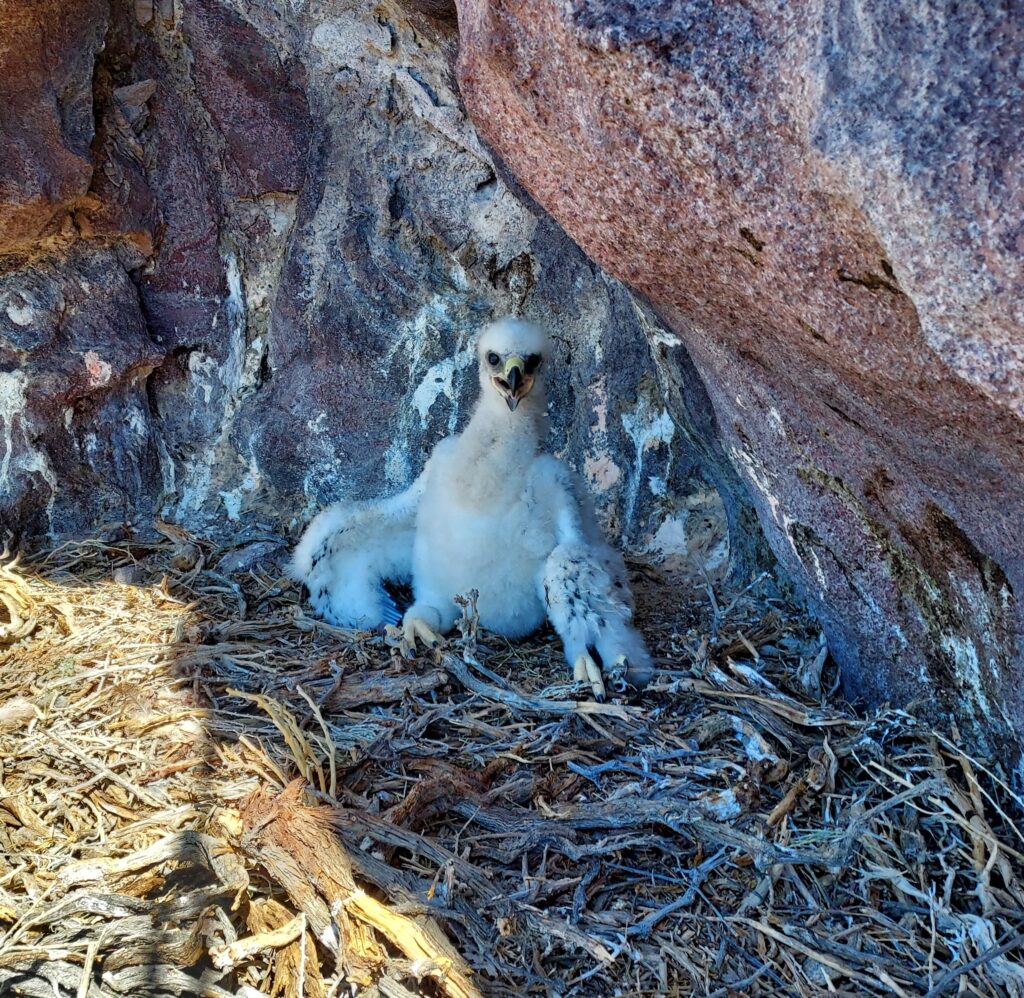
But there is reason to be optimistic. In just a little over a decade, support from people like you has allowed us to go from studying eagles to saving them. Through our Eagle Vehicle Strike study, we’ve learned that moving roadkill 12 meters off of busy roadsides protects eagles from vehicle collisions and prevents them from starving during the winter months when food is scarce. This winter, teams of HWI biologists will be doing this important work, relocating carcasses that put birds in danger, to save eagles across the western United States.
Habitat loss isn’t just affecting Golden Eagles in the West. It’s impacting birds everywhere.
According to the World Wildlife Fund, habitat degradation and loss are the biggest threats to wildlife globally. In Indonesia, the Flores Hawk-eagle is at risk of extinction from habitat loss caused by logging, farming, and illegal gold mining. With your support, we deployed the first-ever GPS transmitter on the species earlier this year. We hope to learn how much land the species needs to survive and which areas to prioritize for conservation. But this work takes years, and funding for this type of long-time work is incredibly limited. That’s where you can help.
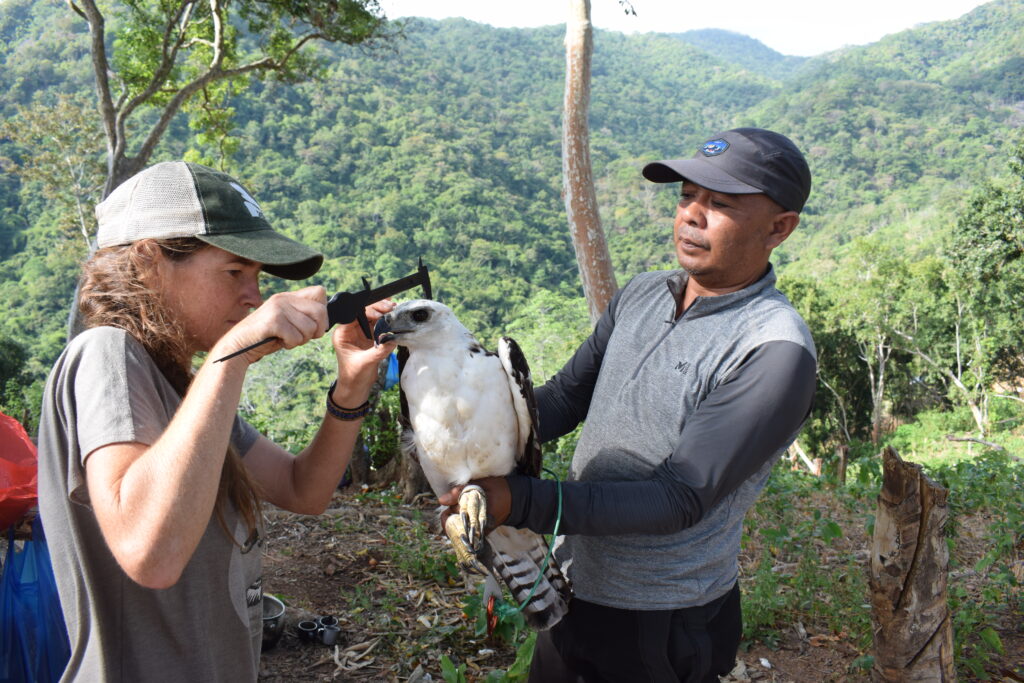
This holiday season, you can give raptors the gift of a healthy home. Your support makes it possible for us to conserve Golden Eagles and many other raptors around the globe.
Thank you for making it possible for us to conserve raptors and our shared environment. I’m so grateful for your commitment to raptor conservation and I look forward to continuing to work alongside you to build a healthier home for all of us.
This blog was written by Nikki Wayment, HWI’s Executive Director. You can learn more about Nikki here.
